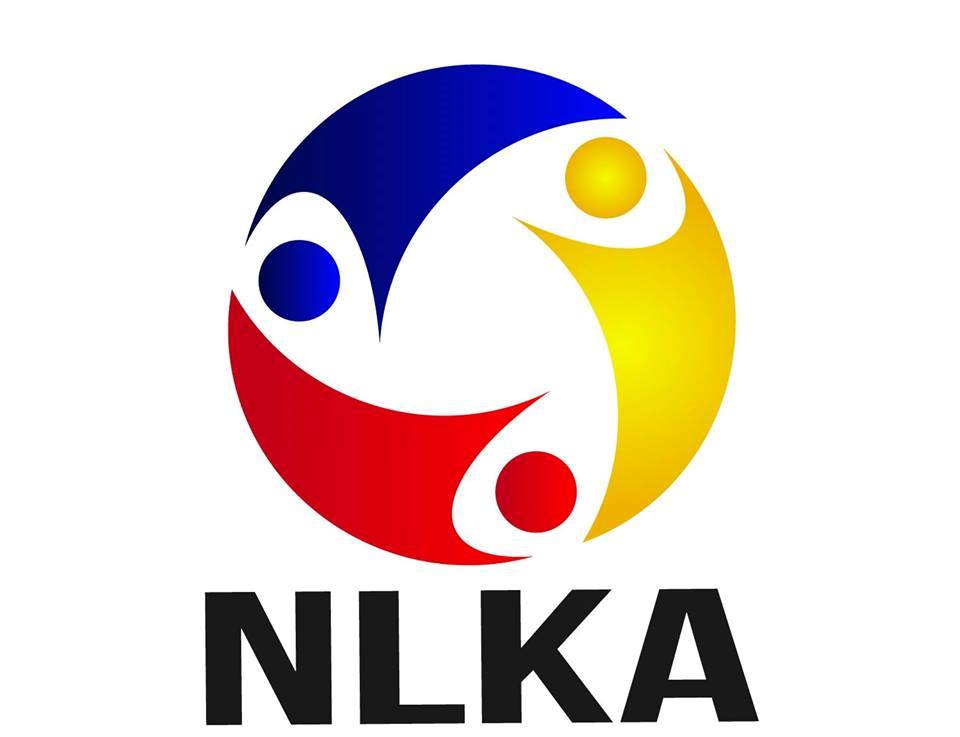PROFESSIONALS SUPPORT EVIDENCE THAT EXERCISE CAN BOOST MOOD
During Mental Health Week, Kinesiologists encourage Canadians to be active!
OTTAWA, May 3, 2021 – Every May, the CMHA Mental Health Week helps to shift societal beliefs and perceptions about mental health. It helps promote behaviours and attitudes that foster well-being, support good mental health and create a culture of understanding and acceptance. This year - Name it, don’t numb it theme is key to these pandemic times of intense pain and anxiety. From May 3 to 9 2021, Kinesiologists across Canada will join the conversation about how physical activity can have an impact on Canadians’ mental health.
Kinesiologists are human movement specialists who bring scientific advice and physical activity treatments and therapies that improve recovery, health and well-being, through all phases of life.
Kinesiologists can offer new ideas to those struggling with mental health to find strategies and opportunities to lead a more active lifestyle and benefit from being physically active. Begin with the eMentalFitChallenge! For those looking for a more personalised approach, the Canadian Kinesiology Alliance invites Canadians to have a discussion with a Kinesiologist to find out how they can support them.
Get Ready to #GetReal About How You Feel[1]
It’s hard to deal with our emotions when we don’t know what we’re feeling. You may have been taught to push your bad feelings away, but research shows that understanding and naming our feelings can make sadness, anger and pain feel less intense. Recent CMHA research with UBC found that 40% of Canadians experienced a decline in their mental health since the pandemic started. Many of us are exercising outdoors to deal with the stress, but one in five is using substances like drugs and alcohol to cope.
When we understand and work with our emotions, this helps protect our mental health, during tough times like the pandemic and throughout all stages of life. And, when we understand how we are feeling, we’re better able to understand and empathize with others, too. And that helps create a climate of support and acceptance.
The Healing Power of Physical Activity
Many people are still mainly relying on medication for the management of mental health such as depression or anxiety. However, studies show a 26% decrease in odds for becoming depressed for each major increase in objectively measured physical activity. This increase in physical activity is what you might see on your activity tracker if you replaced 15 minutes of sitting with 15 minutes of running, or one hour of sitting with one hour of moderate activity like brisk walking[2].
With an additional 35 minutes of physical activity each day, those at risk for depression may be protected against future episodes. Findings strongly suggest that, when it comes to depression, genes are not destiny and that being physically active has the potential to neutralize the added risk of future episodes in individuals who are genetically vulnerable.2
Where to Turn for Help
Research also shows that social connection and social support are factors that protect and promote good mental health. Getting regular support from a Kinesiologist can also be a way to break from isolation and help with motivation.
Kinesiologists are human movement specialists. As trained professionals part of the healthcare team, they apply the science of exercise and movement to promote health and well-being as well as prevent, manage and rehabilitate chronic conditions such as mental health problems. They work with people of all ages and with all physical abilities, in many settings, to improve the quality of life by often using interventions that include physical activity.
According to the CKA president, Kathie Sharkey, R.Kin, “In our practice, we see that getting help from a Kinesiologist can make a tremendous positive difference. With a personalised approach and ongoing motivational support, clients affected by mental illness can see how physical activities can drastically improve their quality of life.”
About the Canadian Kinesiology Alliance
The Canadian Kinesiology Alliance (CKA) is a non-profit corporation that advocates and promotes the advancement of the profession of kinesiology in Canada. The CKA strives to be recognized as the unifying voice for the profession of kinesiology in Canada, and to have a positive impact on Canadians. On a national level, the CKA represents nine provincial kinesiology associations (PKAs) that are member associations and over 4,300 affiliated kinesiologists by developing progressive partnerships with other national organizations, providing support to effect positive change within government and public policy, and by promoting the science of Kinesiology. The CKA establishes and promotes the standards of the profession across Canada. To find a kinesiologist, visit www.cka.ca.
To follow the Canadian Kinesiology Alliance on Facebook and Twitter: @CdnKinesiology
-30-
Contact:
Sophie Allard, APR
AH!COM
514-808-9474 or sa@ahcom.ca
France A. Martin
Executive Director – CKA
Téléphone or info@cka.ca
[2] Harvard T.H. Chan School of Public Health: More evidence that exercise can boost mood, Harvard Women's Health Watch, May, 2019


.png) FIND A KIN
FIND A KIN



